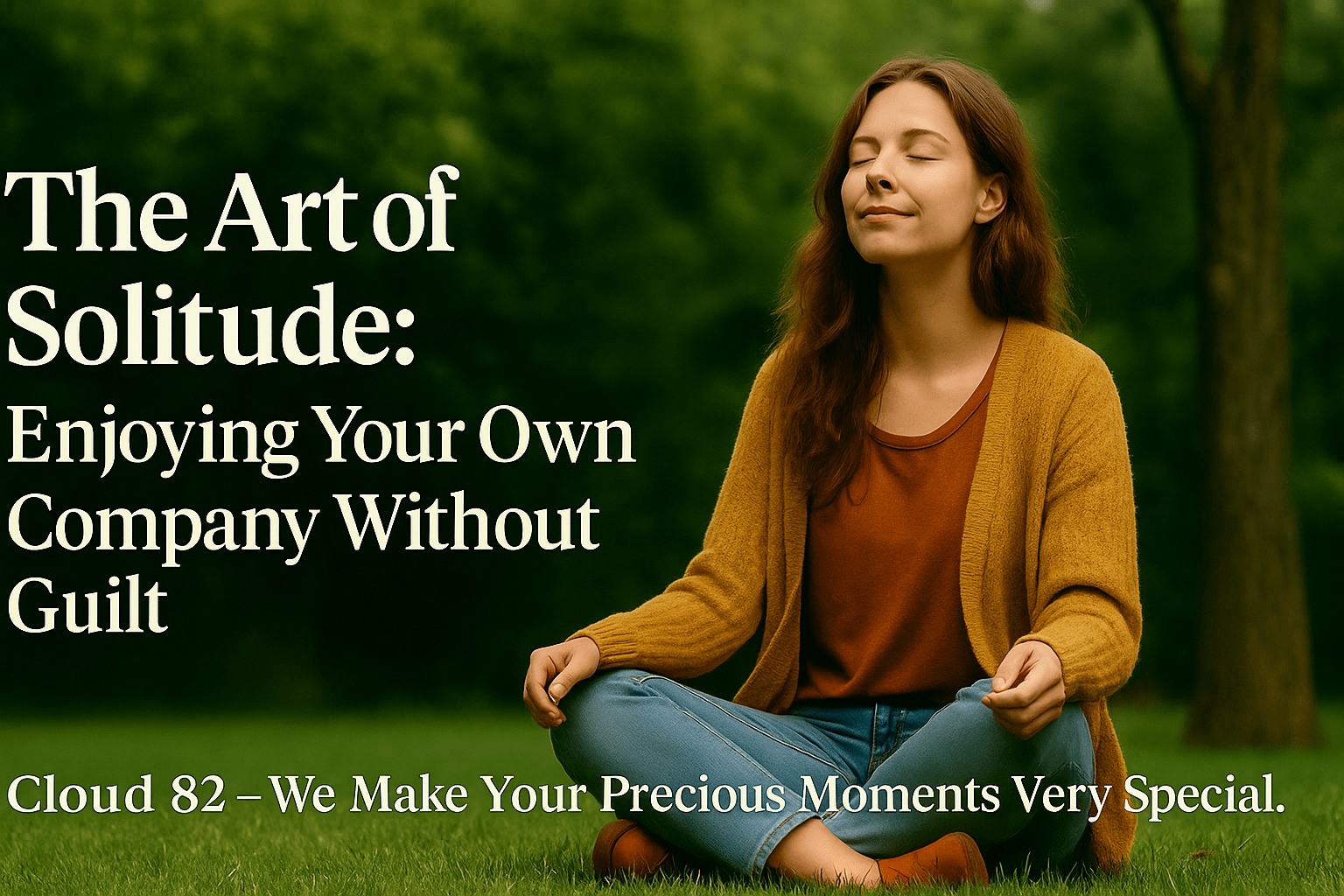“Self-Care Secrets: How to Nurture Yourself Beyond the Spa & Feel Amazing Every Day!”

Self-care has evolved from a rare luxury into an essential practice for maintaining overall well-being. While a spa day or a weekend retreat may provide a short-term sense of relief, true self-care goes deeper, emphasizing consistent nurturing of the body, mind, and spirit. It’s about developing habits that support physical health, mental clarity, and emotional resilience. In this guide, we’ll explore practical strategies to make self-care an accessible, everyday practice that brings lasting balance, fulfillment, and well-being.
Understanding Self-Care Beyond Pampering
Redefining Self-Care
Self-care is often mistaken for luxury pampering—like vacations, shopping sprees, or spa days. However, it’s more than just an occasional indulgence; it’s a lifestyle. Real self-care includes foundational habits that help us thrive, not just escape. Everyday self-care practices offer consistent support for mental, emotional, and physical health, helping us build resilience and stay grounded amid life’s challenges.
The Key Pillars of Everyday Self-Care
To achieve a holistic approach, it’s important to balance the five pillars of self-care:
- Physical: Nurturing the body through movement, nutrition, and sleep.
- Emotional: Handling emotions and stress constructively.
- Mental: Cultivating a healthy, focused mind.
- Social: Fostering meaningful connections with others.
- Spiritual: Finding purpose, reflecting, and connecting with a deeper sense of self.
Balancing these areas ensures that self-care becomes an integrated, sustainable part of your life, boosting resilience and preventing burnout.
Practical Everyday Self-Care Strategies
Physical Self-Care: Body Nurturing Habits
Regular Movement: Incorporating movement each day—whether it’s a brisk walk, yoga, or even short stretches—boosts energy, reduces stress, and improves mood. Healthy Eating Made Easy: Start small by adding nutritious elements like more veggies or whole grains to meals rather than overhauling your entire diet. Quality Sleep as a Foundation: Good sleep is essential for overall well-being. Limit screen time before bed, keep a regular sleep schedule, and create a calming pre-sleep routine.
Emotional Self-Care: Managing Emotions and Stress
Practice Gratitude: Each day, jot down a few things you’re grateful for to shift your focus to positivity and appreciate life’s moments. Emotional Check-Ins: Take a moment each day to acknowledge and process your feelings. Journaling or simply pausing for self-reflection can help regulate emotions. Healthy Boundaries: Set clear limits in work, relationships, and personal time. Boundaries are essential for emotional health and prevent burnout.
Mental Self-Care: Cultivating a Healthy Mind
Daily Mindfulness Practices: Start with small exercises like mindful breathing, short meditations, or simple awareness practices to keep your mind present. Learning and Growth: Hobbies and learning stimulate mental engagement. Take up activities that challenge you mentally, such as reading, cooking, or a new craft. Reducing Information Overload: Limit screen time, use social media mindfully, and reduce news consumption. Setting boundaries with technology helps reduce mental clutter.
Social Self-Care: Nurturing Connections
Quality over Quantity: Focus on maintaining a few meaningful relationships rather than spreading yourself thin socially. Communication Practices: Active listening and showing genuine interest help build stronger, more rewarding connections. Personal Time Balance: Balance social interactions with alone time. Healthy solitude is crucial for mental restoration and helps maintain energy for social engagements.
Spiritual Self-Care: Finding Purpose and Connection
Reflective Practices: Journaling, meditation, and prayer help you explore inner values and foster a sense of purpose. Time in Nature: The outdoors is grounding and restorative. Even a short walk can provide clarity and a sense of connection. Acts of Kindness: Helping others boosts your sense of purpose and improves overall well-being. Small acts, like volunteering or helping a friend, can enhance your life.
Building a Daily Self-Care Routine That Works for You
Start Small: Incorporating Self-Care Without Overwhelm
Add small, manageable habits into your routine, like a 5-minute morning stretch or a gratitude list before bed. Consistency is key. Daily acts build up over time to foster lasting change.
Sample Self-Care Schedule:
- Morning: 5 minutes of mindful breathing or stretching.
- Afternoon: A nutritious snack or quick walk.
- Evening: Journaling, gratitude practice, or a pre-bedtime screen-free hour.
Personalizing Your Self-Care Routine
Find self-care practices that resonate with you and fit your lifestyle. Self-care is individual, so create a checklist of practices you enjoy and prioritize based on your unique needs.
Checklist Ideas:
- Physical: Walk, yoga, nutritious breakfast.
- Emotional: Daily gratitude, setting boundaries.
- Mental: Learning, reducing social media.
- Social: Coffee with a friend, call a loved one.
- Spiritual: Reflective journaling, nature time.
Creating a Self-Care Environment
Designate a small, cozy space in your home just for you, like a reading nook or meditation corner. Fill it with items that bring positivity—scents, plants, soft lighting. Small cues, like reminders on your phone or a vision board, help to prioritize self-care practices throughout the day.
Long-Term Benefits of Integrating Daily Self-Care
Increased Resilience and Reduced Stress
Consistent self-care strengthens resilience and improves mental health. Research shows that regular self-care routines can significantly lower stress and prevent emotional burnout, providing tools to better manage life’s challenges.
Improved Relationships and Greater Life Satisfaction
Self-care not only benefits you but also impacts how you connect with others. When you feel balanced and fulfilled, you bring positive energy to relationships, fostering meaningful connections. Self-care supports a sense of life satisfaction, as it empowers you to take control of your wellness and happiness.
Conclusion: Embracing Self-Care as a Lifestyle
True self-care is a lifelong journey, not a one-time indulgence. By incorporating small, consistent practices into daily life, we create a sustainable foundation for happiness, fulfillment, and resilience. Every moment invested in self-care is a step toward living a balanced, mindful life. Start today with one simple act of self-care that feels right for you and watch as your well-being transforms.
Frequently Asked Questions (FAQs)
1. What is the difference between occasional pampering and everyday self-care?
Everyday self-care involves regular habits to support physical, mental, and emotional health, while pampering is more occasional, like a treat.
2. How can I fit self-care into my busy schedule?
Start small, with quick practices like deep breathing or a brief check-in with loved ones. A little each day can go a long way.
3. What if I find it hard to stay consistent?
Consistency builds with time. Set reminders, start small, and choose activities you enjoy to make self-care sustainable.
4. How do I make self-care a priority without feeling guilty?
Remember, self-care is necessary for showing up as your best self. It’s not selfish but essential for your well-being.
5. Are there self-care activities that don’t take much time?
Yes! Try deep breathing, gratitude journaling, or a quick stretch. These brief activities can have a big impact.
Remember: Self-care isn’t selfish; it’s essential. Start today by choosing one small self-care habit and see how it nourishes your mind, body, and spirit every day.






